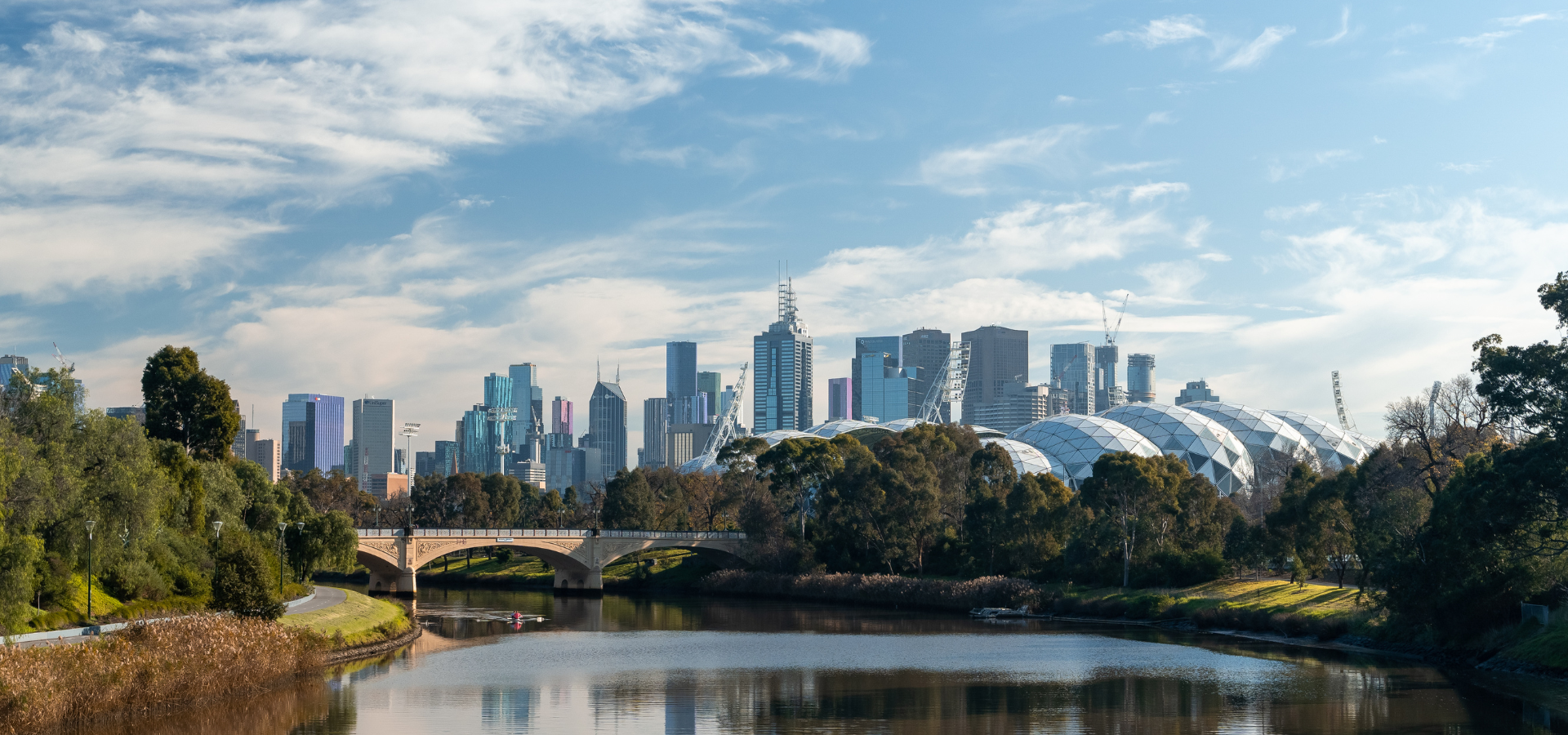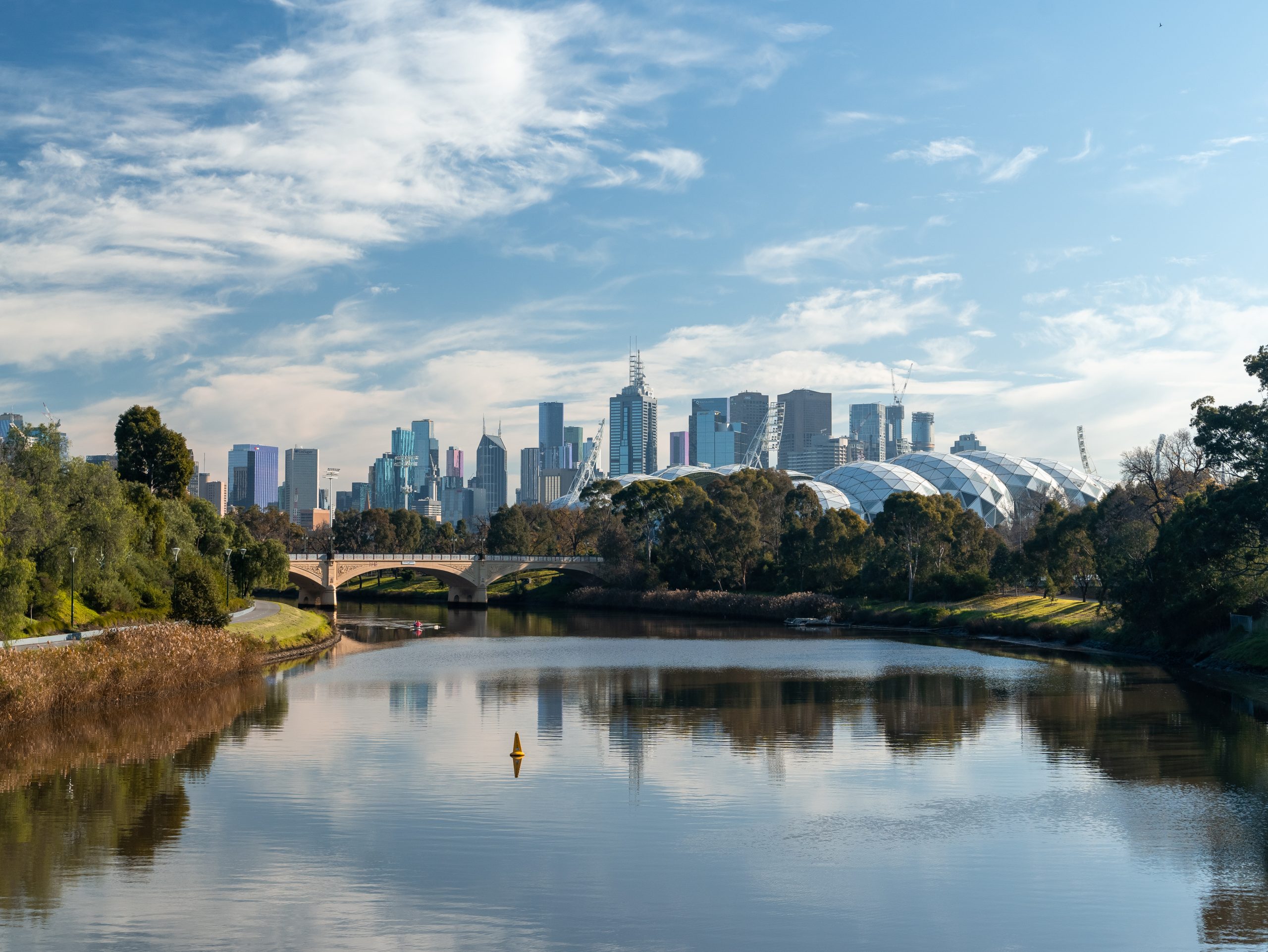Market report: Remara’s Andrew McVeigh on how uncertainty in the US is unlocking opportunities for Australia
Andrew McVeigh, managing partner at Remara, examines the shifting tides of global capital, highlighting how rising geopolitical uncertainty and a retreat from the US dollar are driving renewed interest in Australian and Southeast Asian markets.
The topic du jour is uncertainty—in light of the global market movements. There’s increasing talk about depolarisation, with many offshore investors looking to liquidate US dollar holdings in favour of alternative currencies. I believe Australia is positioned to benefit from this market shift, especially as the country is one of the highest credit-rated sovereigns globally, at a time when the US has been downgraded.
“I believe Australia is positioned to benefit from this market shift, especially as the country is one of the highest credit-rated sovereigns globally.”
I’m bullish everywhere outside the US and continental Europe right now. Europe is heavily regulated and dealing with significant geopolitical risk, which is pushing capital away. Meanwhile, the US has lost some of its former allure due to uncertainty. By contrast, Australia’s economy is relatively insulated from some of the direct trade impacts faced by European countries and large US trading partners. Europe, in particular, is grappling with two ongoing conflicts and considerable investment anxiety. Europe doesn’t typically offer US-style returns, and it certainly doesn’t offer Australia’s combination of return potential, liquidity, legal stability, and structural quality.
“Australia’s economy is relatively insulated from some of the direct trade impacts faced by European countries and large US trading partners.”
Growth in Europe has slowed, and while Australia’s inflation sits at around 2.4%, we’re still within target bands. We’re also experiencing strong population growth, which is fuelling the economy without triggering runaway inflation. That positions us well compared to other economies with ageing populations and slower growth.
Australia remains relatively closed to global investors, which is why, as that opens up, we expect more capital to flow in. Firms like ours—with Luxembourg-based funds and offshore note programmes—are well-positioned both to facilitate and benefit from this inflow.
Australian property market shifts
We’re seeing clear bifurcation across markets. Melbourne and Victoria are struggling, while Sydney is stable at a high price point. Perth and Brisbane are experiencing strong growth—driven by government spending, especially in Queensland ahead of the Olympics, and a resilient mining sector in Western Australia (WA).
“Australia remains relatively closed to global investors, which is why, as that opens up, we expect more capital to flow in.”
We’re witnessing a structural shift in the Australian economy, with WA and Queensland outperforming. Sydney is holding steady, and Victoria is falling behind. Investors who align their portfolios with these growth regions over the next 24 months will likely fare better, as we don’t expect major changes in state-level economic trajectories in that timeframe.
Asia-Pacific as a parallel beneficiary
Emerging markets in Southeast Asia will also benefit, particularly from local investors looking inward. As confidence in the US fades, investors are reconsidering local opportunities. While Southeast Asia isn’t as mature or structured, the relative stability may feel safer than the current unpredictability in the US. I expect regional investors to reduce US exposure and reallocate toward both local markets and Australia.
Southeast Asia offers strong growth potential, population expansion, improving legal frameworks, and efforts by local governments to attract capital. In credit markets, success hinges on rule of law—ensuring lenders can recover assets efficiently without lengthy processes. That’s where much of the developmental focus will need to be.
Ongoing concerns
However, we’re likely to face more challenges reminiscent of the post-Liberation Day market fluctuation—specifically, increased volatility and uncertainty. That will be tough on investors. No one enjoys opening their portfolio in the morning and seeing it’s down 20 per cent.
“Southeast Asia offers strong growth potential, population expansion, improving legal frameworks, and efforts by local governments to attract capital.”
This is especially relevant for people transitioning into retirement or those seeking greater financial stability. The coming period will test that need for certainty, as heightened volatility becomes part of the landscape.
Shift to private markets
In response, I believe we’ll see a shift toward more conservative and less risk-seeking behaviour. At the same time, there’s a global trend towards private market assets. High-net-worth and ultra-high-net-worth investors have had access to these for some time, but we’re now seeing wider participation and increasingly larger allocations.
A key challenge in this space is selecting the right manager—especially in asset classes like credit, which are highly bespoke and often lack transparency. That’s why choosing a manager with a strong alignment of interest —one who is co-invested—is crucial. At Remara, for example, we invest in the underlying credit at the lowest risk retention levels, meaning we lose our money first. That commitment strongly resonates with all our investor segments—from retail to ultra-high-net-worth to institutions.






